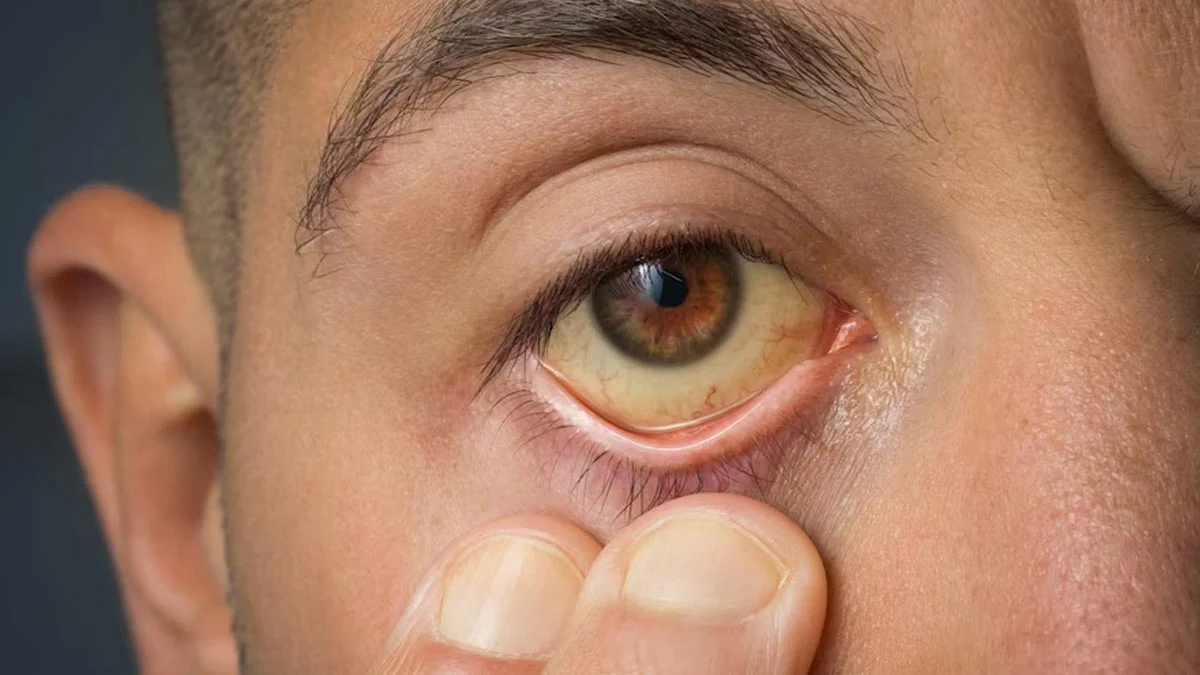
Ernakulam district in Kerala is witnessing a sharp rise in jaundice cases, prompting health authorities to advise caution regarding food and water consumption. As of this year, 722 jaundice cases have been reported in the district, averaging two cases daily, with eight fatalities recorded. This marks a significant increase compared to last year, which saw only 142 suspected and 10 confirmed cases without any deaths. Officials attribute the spike to factors such as climate change and contaminated water sources.
Experts link the surge to inadequate sewage treatment and water contamination, particularly following the monsoon season, when wells often become polluted. Viral hepatitis, which causes jaundice, has seen a statewide rise in Kerala this year. With summer approaching and water sources drying up, health professionals anticipate further case increases. Hepatitis A and E, the primary culprits behind jaundice, are transmitted through contaminated food and water, with the virus capable of surviving for months in polluted environments.
The lack of proper sewage treatment facilities and illegal dumping into water bodies in Kerala has aggravated the contamination of drinking water sources. Health experts, including Dr. Rajeev Jayadevan of the Indian Medical Association, recommend boiling or filtering drinking water and avoiding direct consumption from wells in shared water zones. Vaccines for jaundice are available at private hospitals, offering a preventive option for residents concerned about the rising health threat.

Post Your Comments